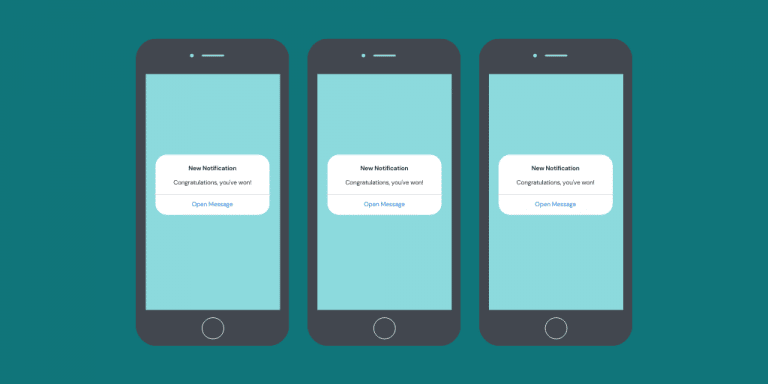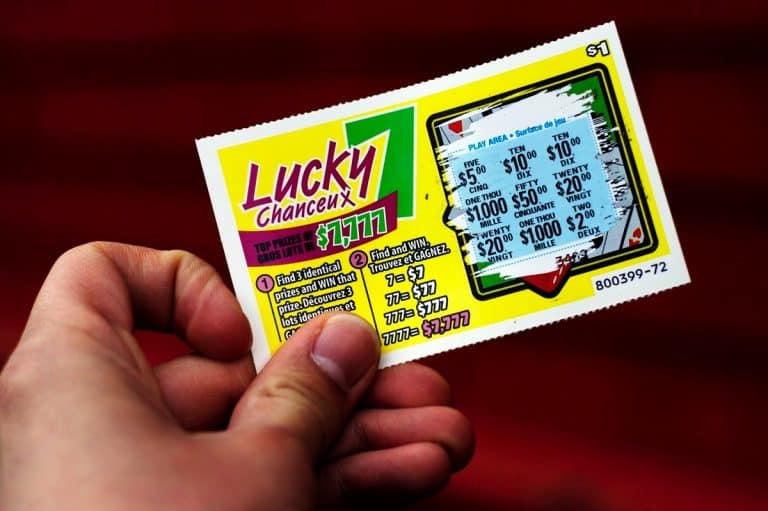Facebook Trading Scams
Facebook helps you keep up with family and friends and share what’s going on. It’s also home to popular local ‘buy and sell’ groups, and Facebook pages for businesses. Although a lot of these pages and sellers are genuine, there are some people who use marketplace and trading scams to target people on Facebook. We’ve…

Facebook helps you keep up with family and friends and share what’s going on. It’s also home to popular local ‘buy and sell’ groups, and Facebook pages for businesses. Although a lot of these pages and sellers are genuine, there are some people who use marketplace and trading scams to target people on Facebook.
We’ve received reports of people paying for goods such a mobile phones or clothing, but not receiving them. When the buyer contacts the person who they made the payment to they’ve found that either the Facebook account of the ‘seller’ has disappeared, they’ve been blocked from the account or their messages are ignored.
What are Facebook Trading scams?
A Facebook trading scam is when a person poses as a seller on a ‘buy and sell’ Facebook page or group, or sets up a fake business page. They then pretend to have goods or services for sale, but once they receive payment they don’t follow through with the deal.
- How will I know if it’s a scammer or a genuine seller?
- Facebook business pages: Often a fake Facebook page will look legitimate. If they have a Facebook page you should look at the reviews on the page to see if previous customers have had problems with them. You can also look out for blue or grey ‘ticks’ on the page which are given to pages or profiles verified by Facebook – find out more about them here.
- Facebook profiles on ‘buy and sell’ pages/groups: If they’re on a ‘buy and sell’ page /group or using Marketplace they will use their own Facebook profile, or create a fake Facebook profile and take the time to make it appear genuine by adding ‘friends’ and adding photos to their page. If the trader has a Facebook profile that appears new or incomplete this could be a sign that the account has been set up for scamming.
- Should I avoid trading through Facebook buy and sell groups/pages? There are risks when trading on all online platforms. Facebook buy and sell pages and groups are not moderated by Facebook. This means they have been set up by users of Facebook which means there is a greater risk in using them. Online platforms, such as Trade Me, have been set up specifically for trading and have measures to protect buyers and sellers. This includes features such as the ability to leave ‘feedback’ about a buyer or seller, and to make a complaint if the trade doesn’t go ahead as planned.
- I still want to use Facebook buy and sell pages – how can I minimise the financial risk? The safest option is to only pay the seller after you have inspected the goods in person. However, if this isn’t possible it’s important to remember that if the deal looks too good to be true, it probably is. You should always request tracked shipping when you purchase online and if you have any doubts about the goods or the seller don’t go ahead with the deal. You should also use a platform such as PayPal when making transactions online. Learn more about staying safe on Facebook
What to do if you’ve been affected by a Facebook scam?
Unfortunately, it can be difficult to get money back that has been lost in one of these scams. The usual way to deal with this kind of dispute in NZ is to go to the Disputes Tribunal. Please note that you will need to have an address for the seller and there is a fee to apply. You can read more about the process here
- If the Facebook profile or page is still active you should report it to Facebook. You can also report Facebook ads that are not genuine – there are instructions on how to do this here.
- If the Facebook page is still active, leave a review so others know about your experience before choosing to make a purchase.
- If you have the phone number of the address of the scammer, you may be able to make a complaint to your local Police station – but please note that the Police may not contact the person as this is generally viewed as a civil complaint.
What to do if you’ve had your genuine Facebook listing copied
Sadly Netsafe also receives regular reports where people’s genuine listings are copied and used by scammers. Genuine advertisements offering products for sale are copied to varying degrees and reposted online so that a scammer can send their own payment request and receive money for a product they don’t have.
Sometimes Facebook scammers might copy just the photos or they might also copy the description or other technical details from the listing. This is especially common with advertisements selling vehicles as scammers can more convincingly request a larger sum be sent to them.
Our advice in these situations is:
- If you find that any part of your listing has been copied and reposted, report it to the platform it is being hosted on immediately. Consider adding a warning on the legitimate listing cautioning people about scam listings where your vehicle details have been copied.
- Consider adding a comment or question to the fake listing, noting that it is a copy of a genuine listing posted elsewhere is a good way to caution others.
- It can be very difficult to tell which advertisements are genuine and which ones aren’t. Scam advertisements can be made using the information, images and description from genuine listings so they can look very convincing. If you’re a potential buyer, always have the vehicle inspected in person. This is something you can do yourself, or if you’re not available, have a trusted person check the vehicle before money changes hands. Even if the listing is identical, this is one part of the sales process the scammers will not be able to replicate.
Report a scam
Help if you have been scammed or think you are about to be scammed: Netsafe can’t open investigations or track scammers, but we can offer support and advice for people who have lost money in a scam, or think they are about to. This includes letting you know the steps you can take depending on the scam you’re in and giving you advice about how to stay safe in future. You can report a scam to www.netsafe.org.nz/report.
Our help service is open from 8am – 8pm Monday to Friday and 9am – 5pm on weekends.
MORE SCAMS
Be alert and stay safe online. Keep up to date on the latest scams so you can protect yourself and your loved ones from falling victim.
More information
- More information on scams
- Online safety advice for parents
- Staying Safe Online Guide featuring advice from NZ’s favourite platforms
Keep up to date
Follow us on social media and sign up to our enewsletter for alerts, news and tips.







